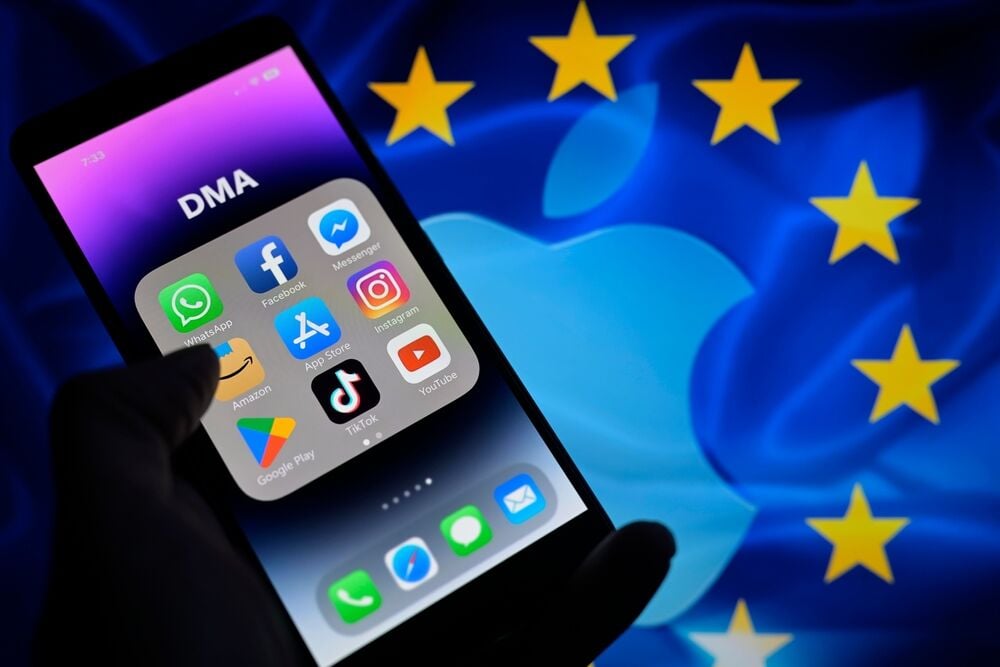I can’t believe this, but it happened again. Almost exactly a decade ago, Tim Cushing wrote about a bonkers story out of the UK in which a passport applicant who’s middle name was “Skywalker” was denied the passport due to purported trademark or copyright concerns. The question that ought to immediately leap to mind should be: wait, nothing about a name or its appearance on a passport amounts to either creative expression being copied, nor use in commerce, meaning that neither copyright nor trademark law ought to apply in the slightest.
And you would have thought that coming out of that whole episode, proper guidance would have been given to the UK’s passport office so that this kind of stupidity doesn’t happen again. Unfortunately, it did happen again. A UK woman attempted to get a passport for her daughter, who she named Khaleesi, only to have it refused over the trademark for the Game of Thrones character that held the same fictional title.
Lucy, 39, from Swindon in Wiltshire, said the Passport Office initially refused the application for Khaleesi, six.
Officials said they were unable to issue a passport unless Warner Brothers gave permission because it owned the name’s trademark. But the authority has since apologised for the error.
“I was absolutely devastated, we were so looking forward to our first holiday together,” Lucy said.
While any intellectual property concerns over a passport are absolutely silly, I would argue that trademark law makes even less sense here than copyright would. Again, trademark law is designed specifically to protect the public from being confused as to the source of a good or service in commerce. There is no good or service nor commerce here. Lucy would simply like to take her own child across national borders. That’s it. Lucy had to consult with an attorney due to this insanity, which didn’t initially yield the proper result.
After seeking legal advice, her solicitors discovered that while there is a trademark for Game of Thrones, it is for goods and services – but not for a person’s name.
“That information was sent to the Passport Office who said I would need a letter from Warner Brothers to confirm my daughter is able to use that name,” she said.
This amounts to a restriction on the rights and freedoms of a child in a free country as a result of the choice their parent’s made about their name. Whatever your thoughts on IP laws in general, that simply cannot be the aim of literally any of them.
Now, once the media got a hold of all of this, the Passport Office eventually relented, said it made an error in denying the passport, and has put the application through. But even the government’s explanation doesn’t fully make sense.
Official explained there had been a misunderstanding and the guidance staff had originally given applies only to people changing their names.
“He advised me that they should be able to process my daughter’s passport now, ” she said.
Why would the changing of a name be any different? My name is my name, not a creative expression, nor a use in commerce. If I elect to change my name from “Timothy Geigner” to “Timothy Mickey Mouse Geigner”, none of that equates to an infringement of Disney’s rights, copyright nor trademark. It’s just my name. It would only be if I attempted to use my new name in commerce or as part of an expression that I might run afoul of either trademark or copyright law.
What this really is is the pervasive cancer that is ownership culture. It’s only with ownership culture that you get a passport official somehow thinking that Warner Bros. production of a fantasy show means a six year old can’t get a passport.

